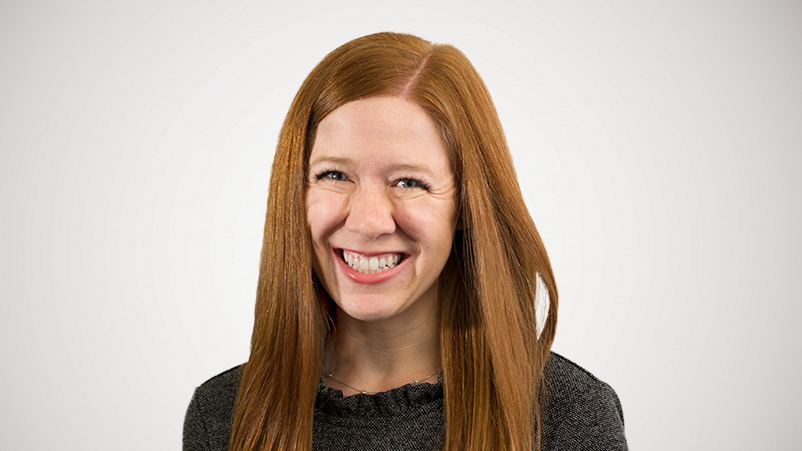The University of California in Los Angeles offering complimentary pads and tampons in men’s, women’s, and transgender campus bathrooms is a significant cost that will eventually lead to higher taxes, according to a tax expert.
“It increases costs for education, which is already a big issue for most students who are taking out significant loans,” said Katherine Loughead, a senior policy analyst with the Tax Foundation. “When these products are provided for free, people can abuse that privilege and take more than they need, which raises the overall cost more than would be increased if people just bought their own products.”
UCLA is the first school to follow through on the promise of the 2021 Menstrual Equity for All Act, which requires institutions of higher learning like universities and community colleges to supply students with free menstrual products in 50 percent of their restrooms.
“The mandate comes at a significant cost to these universities and, depending on if they are public or private, some of that burden will either fall back on taxpayers that are funding the university system or on students who are paying to attend private universities,” Loughead told the Southern California Record.
In another effort to eliminate period poverty, the state of California has eliminated taxation of feminine hygiene products, which had been costing women some $20 million, according to media reports.
“Overall, it's not a well-targeted approach because only some people really struggle to afford these products and if you're attending one of these premiere California universities, you probably can afford to buy your own menstrual products or there are other ways to get assistance through student aid and other government assistance that can help lower-income students and lower-income people, in general, afford these products,” Loughead said.
The Los Angeles City Council is also providing free menstrual products in women’s and unisex restrooms at five public libraries.
“Policymakers really should step back a moment and think about what they're really trying to accomplish and if the goal is to ensure access to personal hygiene products for those who are truly experiencing poverty, that's a worthy goal but a targeted approach is a better way to accomplish that goal,” Loughead added. “Completely providing them for free for wide ranges of the population is going to result in a lot more public money being spent than needs to be spent.”
